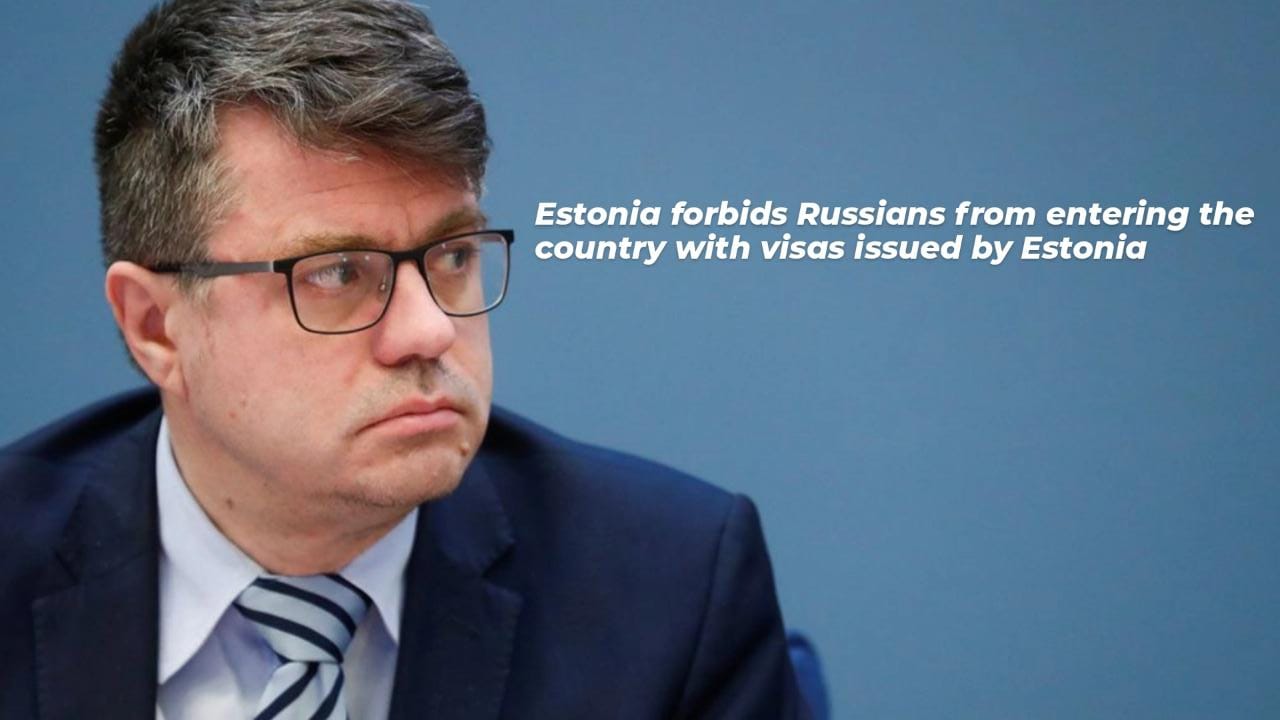
Estonia announced on Thursday that starting the following week, it will prohibit the majority of Russians from entering the nation using visas issued by Estonian authorities, closing off a primary route into the passport-free Schengen area of Europe.
The Estonian Foreign Ministry said that it will no longer grant Russians visas to enter the nation for the purposes of labour, study, or business, with some exceptions.
Foreign Minister Urmas Reinsalu said in a statement that ‘we have noticed a huge spike in the number of Russian citizens coming into or travelling through Estonia.’
‘The idea that they could travel in large groups to Estonia or other regions of Europe via Estonia is not in keeping with the principles of the sanctions we have imposed,’ he added, noting that the order will go into force on August 18.
Seventh wave of sanctions against Russia since its invasion of Ukraine were approved by the EU last month.
In response to the ongoing conflict, Ukrainian President Volodymyr Zelenskiy called on the West to impose a broad travel ban on Russians on Tuesday. This idea infuriated Moscow.
A blanket prohibition has been called into question by the European Commission, which contends that some groups, including family members, journalists, and dissidents, should always be granted visas.
While Finland and Estonia recently requested that the EU do so jointly, Latvia, Lithuania, and the Czech Republic have already stopped giving visas to the majority of Russian citizens.
26 nations are included in Schengen, including the majority of members of the European Union, as well as Norway, Switzerland, Iceland, and Lichtenstein.
In addition to allowing students who are already in the country to complete their degrees, Estonia said it will continue to honour visas issued by other European nations.
According to the current state of affairs, it may be risky for many students to return home if they have shown their support for Ukraine and criticism of the Russian government and its aggressiveness, according to Interior Minister Lauri Laanemets.
Russians with long-term resident permits, those entering on humanitarian reasons, visitors to immediate family, diplomats and their families, and those working in international commodities and passenger transit were also granted exceptions.

Post Your Comments